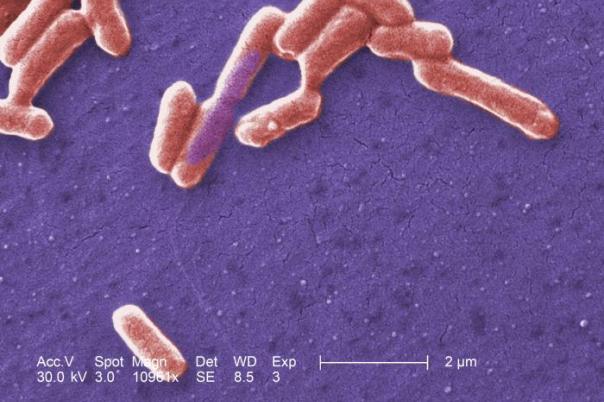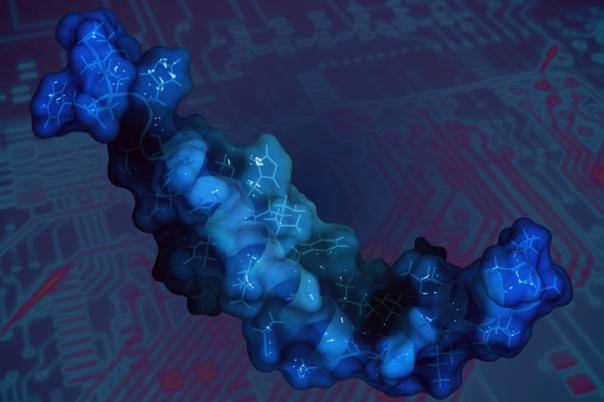Maternal mortality is a significant global issue, with approximately 800 women dying on a daily basis from childbirth-related complications, primarily in low-income countries. The leading cause is postpartum haemorrhage, defined as blood loss of more than 500 millilitres after vaginal delivery.
Mattias Malm, Senior Scientist at Ferring Pharmaceuticals explained that oxytocin is the gold standard for postpartum haemorrhage. This peptide has a short half-life in the body between 3 and 6 minutes and is prone to stability issues at room temperature. Malm added that an oxytocin solution must have a pH between 3.5 and 4.0. At a pH above 4.5, the oxytocin will undergo dimerization and will have no effect in the body.
To overcome the issues linked with oxytocin, Malm began to investigate an oxytocin analogue called carbetocin. Structurally, oxytocin and carbetocin are similar. However, oxytocin has a disulphide bond whereas carbetocin has a monosulphide bond, blocking the dimerization pathway in carbetocin. Malm highlighted the key advantages of carbetocin: “It has the same effect in the body as oxytocin, but it has a much longer half-life, about 80 to 100 minutes, which makes it more suitable for a single intramuscular injection.”
Malm assumed that carbetocin is more prone to oxidation than oxytocin due to differences in sulphur linkage. So, he began looking for a suitable antioxidant to prevent oxidation. The first step required identifying degradation pathways of carbetocin at different pH values. Then, once a pH where the sum of degradation is minimised, one can pinpoint the optimal stability. Factors such as buffer type, strength, and tonicifier can also be finetuned. Malm’s research showed that L methionine was a highly suitable antioxidant.
A large clinical study from 2018 involving nearly 30,000 women showed that carbetocin was as safe and effective as high-quality oxytocin. This study was conducted in collaboration with WHO, Ferring, and Merck for Mothers. As of 2025, heat-stable carbetocin has been approved in 22 low and lower-middle-income countries, with over 1.6 million doses shipped. To top it all off, carbetocin was added to the WHO essential medicines list for preventing excessive bleeding post-childbirth, marking an important milestone.






